The guy wouldn’t take my money, wouldn’t even consider it. “No, it is nothing,” he kept saying to me, as if the glass or two of wine I had drunk was merely a cup of water, and who would charge for that? I was standing in Vinomania, a wine shop around my corner from my flophouse in Tbilisi, the capital of Georgia. The store doubled as a wine bar. Seats are set up in front of the store with people constantly hanging out drinking wine, and music was always playing. If you want to drink wine in Tbilisi, stop into a wine store. Several times I stopped in there for a glass or two, and each time they wouldn’t take my money.
Georgia is an awfully friendly country. All over the place, people treated me to things, starting with the first night when two men eating in a restaurant saw me sitting at a nearby table, alone. They pulled me over to their table, plied me with food and wine, and refused to let me pay for any of it. I can understand people doing that, but more than one wine shop in more than one town poured me a glass, sometimes with some bread and cheese, and acted like giving a stranger a glass of wine was just someone one does, as a matter of course. There certainly shouldn’t be money involved, their attitude said.
I even received this treatment in a winery, in the eastern part of the country, where I asked for a tour and a tasting and they spent ages with me, then sat me down and gave me several wines, some brandy, cheese, bread, and a plate of fruit. Then they wouldn’t accept any payment from me.
Moreover, about half the time you order a glass of wine in Georgia, they fill the thing up to the top. They’re not shy about spilling some juice here.

I live in Washington, DC, where it’s hard to find a glass of wine anywhere for less than $10. Even a Paris café doesn’t charge that much. Americans treat wine with a strange reverence, as if they’re not worthy of drinking it. My opinion is that wine should be rather affordable, and it should be common, and I love being in a place that thinks that way.
Tbilisi’s inexpensiveness extends far. There are loads of flophouses in the old town and even regular hotels don’t cost much. Dinner can be had for ten dollars/euros, and the food rocks. A taxi from the airport is about the same price.
The reason wine is my subject for Tbilisi is that wine is a Big Thing here. Know this: Georgia is a wine country, to a degree you may not suspect. It is most likely the birthplace of wine, where humans first learned the craft. Evidence of winemaking there goes back 8,000 years, and it’s unlikely the traditional process has changed much. Georgia is home to over 500 types of indigenous grapes, an astonishing fact. This is the homeland of grapes. About 50 of those types are habitually used to make wine, and thus the stuff is all over the place, which accounts for its informality and the insouciance people have for splashing it around.

If Georgia had been a stable, powerful country for the last half millennium, things would be different. Instead, it’s been booted around and invaded by all its neighbors. It still has major, war-threatening border conflicts with Russia to the north. For much of the 20th century, Georgia was the winebasket of the Soviet Union, though the Georgians didn’t really want to play along. The Russians wanted sweet stuff, and so the production shifted to that, and the quality went through the floor.
After the USSR went away, the Georgians ramped things up, but in 2006 Russia banned the importation of Georgian wine. The reasons were spotty, with the Russians claiming that 44% of the tested wine contained pesticides, and that many others were “falsified”, though it’s not clear what that meant. Since exports to Russia accounted for 80% of Georgian wine sales then, this was a blow, but perhaps a good one. The wine sent to Russia was low quality, perhaps indeed falsified.
The ban was lifted in late 2013 after talks between the countries, but things had already changed. Russian wine tastes had changed, as they had been drinking more Euro wines by then. Georgians had changed, as they had to adjust their products to be more Euro as well, to sell to the rest of the world. This is when growers started to produce Euro grapes and certain styles of wine to stay in business. Their largest customers during the no-Russia years were Ukraine, Kazakhstan, Poland, and China, and perhaps they (especially the Chinese) like sweet stuff as well.
Georgian Wine Types
Georgia wine can be divided into several dichotomies. Beyond red and white, there is traditional and new style. New style means stainless steel tanks and such. Traditional wine is made in clay pots called qvervi (the spelling varies) buried in the ground, filled with macerated grapes (grape solids together with the juice). The solids sink to the bottom and the top juice is drained off. This gives whites more of an orange color, and an intense flavor. The reds stay red, but their body isn’t as heavy as one might image.
Other dichotomies are native grapes versus more Euro-grapes (such as merlot and riesling), and the semi-sweet versus dry. When asking for a wine, it helps just to state your preferences from each of these categories and let the server recommend something. I always ask for white, traditional, and dry, with local grapes.

The color of a traditional qvevri “white” wine. Please go taste this. It will make you happy.
You absolutely need to try the traditional wine made in qvervi pots, no question. When in Rome. For whites, three popular styles made from Georgian grapes are kisi, rkatsiteli, and tsinandali. I found the whites much more interesting than the reds, but one good red to try is saperavi. The reds don’t have as good a body as the whites, nor as interesting flavors.
Let’s go drink
The first key to drinking wine in Georgia is do not go to a nice restaurant for your wine. Wine is the common person’s enjoyment in Georgia; going to a fancy restaurant will just increase the price for what you can so very easily get elsewhere.
You don’t need a wine bar to drink wine, no not specifically, but in Georgia they help immensely. Wine bars in the more western world are often pretentious places that overcharge you, but Georgian wine bars are for the party faithful. At least drop by a few when in Tbilisi.
Tbilisi is an old city with an old town center, sitting on a river and possessing an old fortress that looms over it, qualities that every great city should have. The main street there is Kote Afkhazi and just off it is most everything you’ll need for a visit: your flophouse, your restaurants, and drinking spots.

Erekle II pedestrian Street.
My favorite wine bar is just off that main street, on a pedestrian street called Erekle II that is jammed, really jammed full of cafés, restaurants, eateries, every category. Named Vinoground, its setup is hard to fathom. To play their game, one descends into their somewhat basement-level store, where I met a guy with crazy eyes who first asked me what I liked, and then took charge. He poured me four samples, all from the same grape, all tasting wildly different. We two stood near the center shelves in the brick room, him darting about, his plan for me unrevealed. I asked for a glass of number two, but he had other ideas and poured me a kisi, orange. Okay, I accept. I needed to pay there, inside, and then go back topside for a seat, right on the alley where everyone is walking by.
I suggest you don’t order food here. If you do, your waitress will fetch a different waiter. It seems they outsource their food orders to the Cale Kela restaurant across the alley, but the system doesn’t work well. If the food is outsourced and the wine is done downstairs, what’s the waitress for? Never mind, just get another glass and talk to the people around you.
The reason you shouldn’t depend on more upscale places for you wine is exemplified by G. Vino, a neat-looking café also on this street that I visited the next day, where they charged me three times as much for a glass of wine, and gave me a lousy pour. I switched back to Vinoground, where the guy emptied a bottle into my glass and then with it 80% full, insisted upon opening another bottle so that I got a full glass. That’s service.
In Vinoground, you will always, always, get into a great conversation with someone, such as the guys I met dissecting Russian geopolitics one afternoon.
Another brilliant place in Tbilisi is Winelab, a tiny place not quite on the beaten path but very walkable, where just a few people maintain the place. Again, it’s a wine store first, but a place where you can seriously hang and dry different types. I was taken care of by the best-looking female I saw in Georgia, who poured me an orange rkatsiteli one time, an orange chinuri from the central Kartli region another time, and was very patient when I wanted to take photos of each for their color.

Winelab
The store is set up yes a bit like a lab, with random beakers around. They’ll pour your wine into a large balloon-like glass and you can sit there or in the rather pleasant back courtyard, in which a small kitten came up and loved on me one afternoon. It’s not a cheap store, but their selection is formidable.
Next, head to nearby Vino Underground, and don’t confuse it with Vinoground above. It’s in a neighborhood full of watering holes, if you’d like to do a crawl. Vino Underground is yes yes, underground, in a basement-level space. They treated me with the confusion that I often bring, because, you see, I have a gift. I can walk into places around the world specializing in one thing such as wine, ask for that one thing, and somehow sow confusion. “You want wine? Here? In a wine bar?” their reaction says.
I somehow convince this wine place to yes yes give me some wine, and get a kisi that was a bit harsh but also a chinuri that’s great. They have a snack menu but I just order cheese, a half-portion that’s massive and comes with a peach jam that’s perfect for their salty, hard cheese.
Finally, check out Tsangala’s Wine Shop and Bar, which is set in an alley south of the crooked clock tower of the puppet theatre, a place where many tourists do selfies. You can sit in the alley with your selection at their small tables and watch the tour groups go by. The restaurant Pavillion across the alley is also worth hitting.
At no place I mentioned, even though I visited in the heart of the summer, were there crowds, or any trouble getting a seat, a table, some service.

The cheese plate at Vino Underground
So What?
So Georgia is a wine culture area and yes, you should try some. Do this: drop into a wine bar, like some I’ve described, or hell just a wine shop, like others I’ve described, because they know their stuff and they’ll pour something for you, and they’re damn generous.
Some places sell homemade wine. They have large plastic jugs they’ll use to pour you a glass. If you like wine, for frak’s sake, try this stuff.
I’ve written before about how natural wines are becoming a trend, in places like Paris, but in Georgia they’ve been a trend for 8,000 years. Natural wines mean the whites are really orange and the reds may still be red but all have some untamed overtones. Natural wines are addictive, and I’m happy to share my habit.
Tbilisi, and all of Georgia, has had it tough, caught between the historically invading Persians to the south and the historically annexing Russians to the north. One can feel the tourism in Tbilisi, and the idea that this is a city bouncing back, but it still feels like it hasn’t bounced completely. It has an untamed and undeveloped vibe to it, and I love countries like that. It just feels like a city you want to drink in, where it comes naturally.
If you want to read more about Georgia, see my writeup on Batumi, a wanna-be resort town on the Black Sea.
 n
n
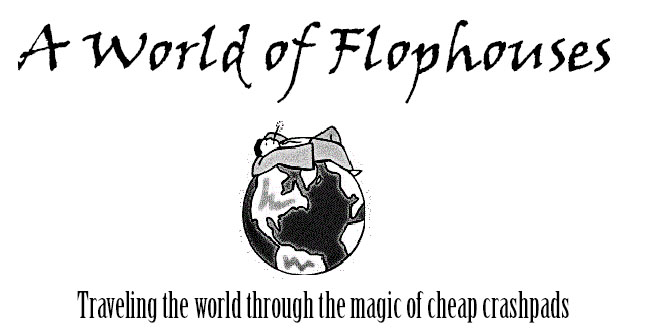

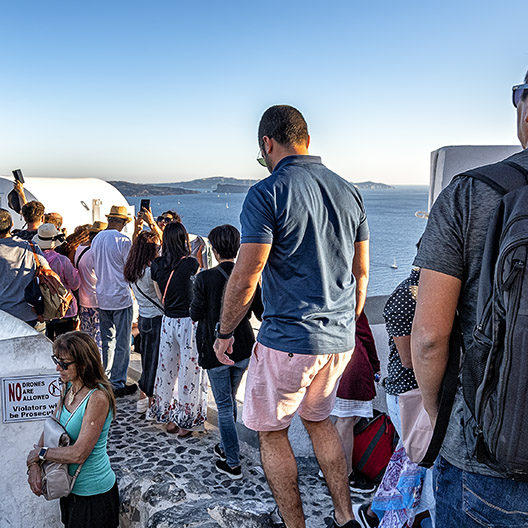
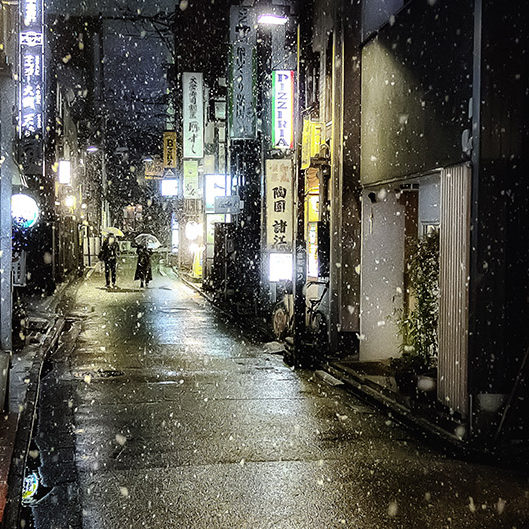

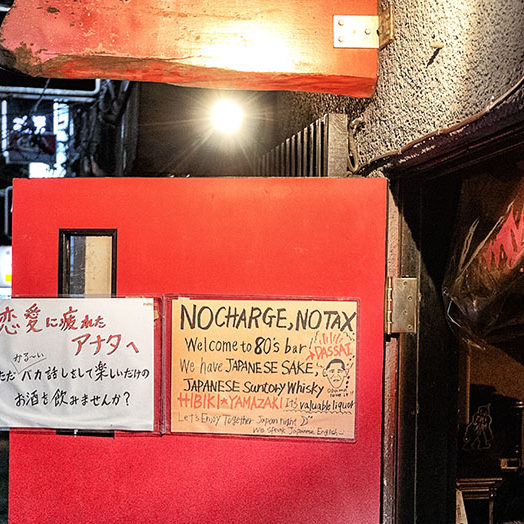
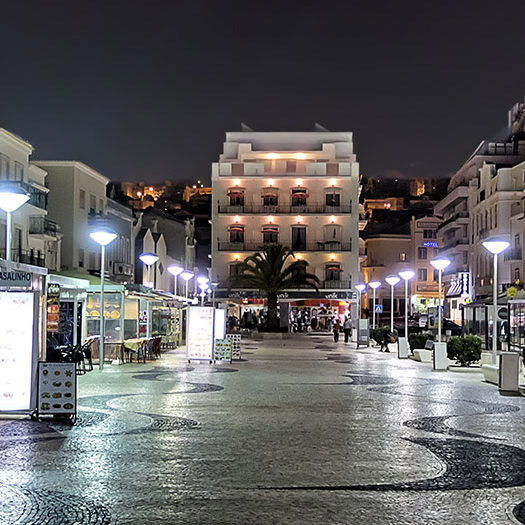
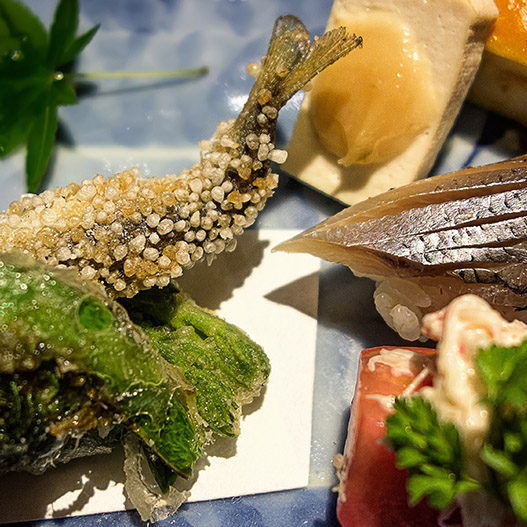
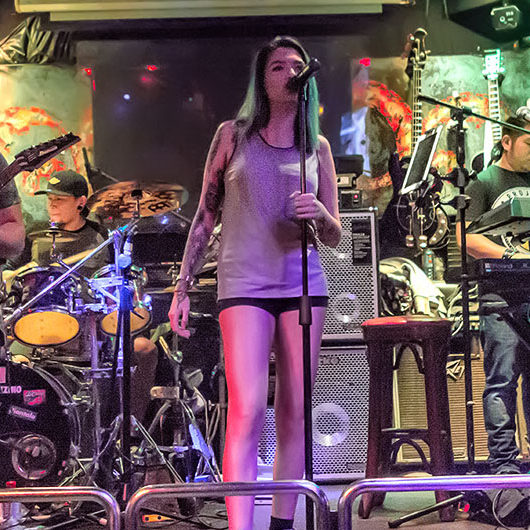
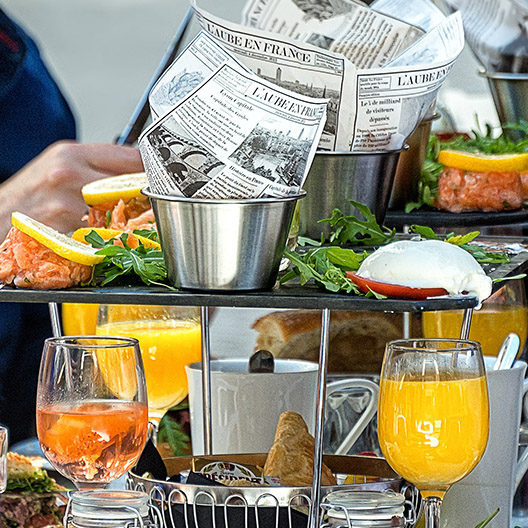
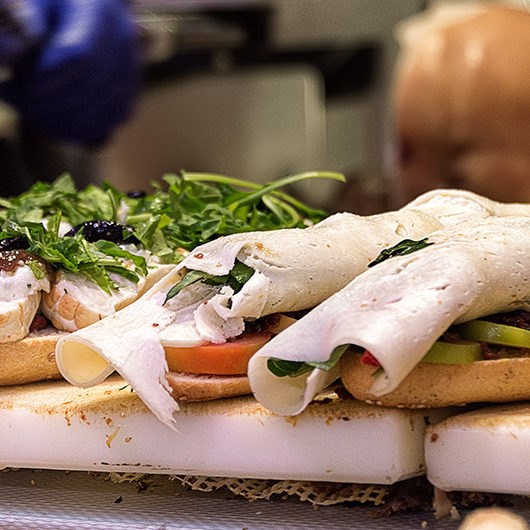
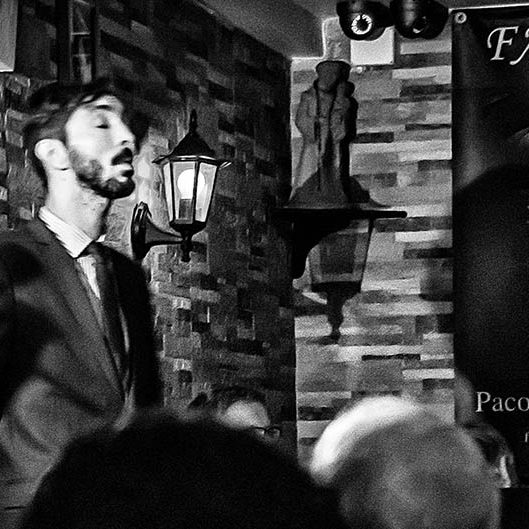


I’ve heard of Georgia quite a bit before but I didn’t realize it was such a popular place for wine! The same thing happened to me Moldova – the country is full of wineries and they really love their wine over there! Looks like you had a great time and I definitely want to visit in the future to hopefully try out some different wines myself!
I think you just talked me into a future trip to Moldova—I bet some things are rather alike.
I have been contemplating a trip to Georgia this year as part of my Eastern Europe trip. It’s nice to hear that the people are very hospitable here. Although, I’m not a wine drinker I think if I go I must just try it.
The food as well is brilliant there, much better than anyone realizes, so it’s not just the wine that’s a draw.
I didn’t know there’s the wine in Georgia ! And it seems divine 🙂 Tbilisi looks amazing: sprinkled throughout the boutiques and sidewalk cafés are dozens of wine shops and tasting rooms. I guess wine is the icebreaker with new Georgian friends ?
Yes, wine = friends. It’s been breaking ice for 8,000 years now.
Interesting. Georgia never comes to mind when I think of wine tasting, but it seems like a great place to do it! Any place that fills your glass up to the top is great in my book :’D
I am not a wine person but looks like they have hell lot of varieties in wine!! Useful post for wine lovers.. keep up the good work!
I have read about wine in Georgia but after this post I realized that this is a religion over there. Must try I guess